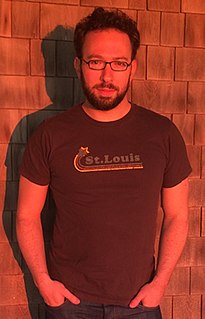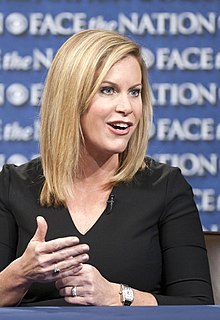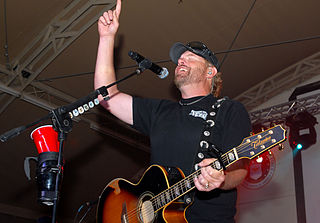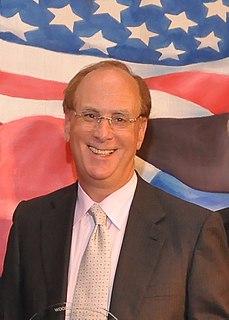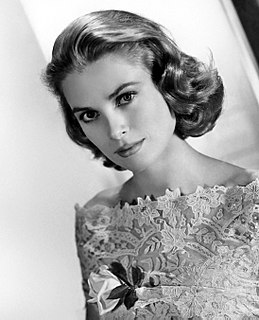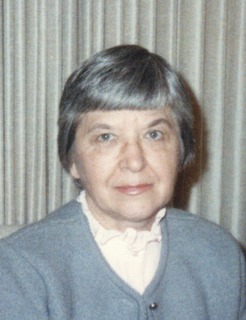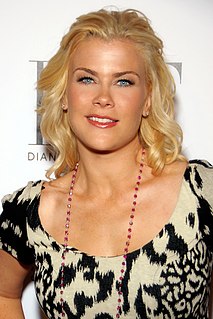A Quote by Teddy Wayne
For each of my novels, I've had something of a eureka moment of deciding what world I want to set it in - Wall Street, the pop-music industry, Harvard - and what the very vague contours of the narrative might be (which typically get changed a lot through the writing process).
Related Quotes
I feel like a lot of people look at pop music with a very formulaic perspective in numbers and patterns, but an outsider would think that the process is very natural. It is, but there are a lot of times where people treat it like a sport - there are tricks you can pull, different combinations that make something better. I don't really think I approach it that way, but I definitely have a love for the science that is pop song writing.
I guess the wildcard here is Terrence Malick. He supervised me while I was writing the script for Beautiful Country, and he is a genius, although not always easy to follow. What I learned from him is that the narrative can be tracked through all kinds of scenes, that the strong narrative thread is not always the one that is most obvious. Creating narrative with Malick was a bit like chasing a butterfly through a jungle. This approach to narrative is fun and complicated, something that makes the process of writing constantly interesting to this writer.
I get more respect from rap artists than I do from my own industry. I don't always write the kind of music that country executives want. Rappers are like that too .. my words come from the street, and their words come from the street. That slicked-up pop stuff doesn't come from the street, it's all pre-fab.
I might spend 100 pages trying to get to know the world I'm writing about: its contours, who are my main characters, what are their relationships to each other, and just trying to get a sense of what and who this book is about. Usually around that point of 100 pages, I start to feel like I'm lost, I have too much material, it's time to start making some choices. It's typically at that point that I sit down and try to make a formal outline and winnow out what's not working and what I'm most interested in, where the story seems to be going.
The concept of what I want to do as an artist has not changed at all. When I was seven years old, I fell in love with writing songs and knew I wanted to make music and play it for a lot of people. Back then I said I wanted to heal people with music and bring them together. I called my music, "PAZZ," which means pop and jazz. To this day, all of those things still ring crystal clear.
I had a lot of preconceived notions going in the Wall Street. It wasn't an industry that I really respected much. My feeling was kind of like look, you're not making anything. You're taking money from one place, putting it in another and taking your cut and that's just not really kind of soul-satisfying at the end of the day, but what I learned is, on a larger scale is how much the Wall Street industry funnels and fuels so many others. There is a lot of good that these guys do, and to lump all traders into a category is as insane as lumping any group of people into one category.
I was working with these very long-chain ... extended-chain polymers, where you had a lot of benzene rings in them. ... Transforming a polymer solution from a liquid to a fiber requires a process called spinning. ... We spun it and it spun beautifully. It [Kevlar] was very strong and very stiff-unlike anything we had made before. I knew that I had made a discovery. I didn't shout "Eureka!" but I was very excited, as was the whole laboratory excited, and management was excited, because we were looking for something new. Something different. And this was it.
I think the money for the solutions for global poverty is on Wall Street. Wall Street allocates capital. And we need to get capital to the ideas that are successful, whether it's microfinance, whether it's through financial literacy programs, Wall Street can be the engine that makes capital get to the people who need it.
Set reasonable goals; not something vague and unrealistic like "I want to be super-model skinny." I always had visions of very thin actresses in my mind when I was at the gym and it seemed so unattainable that I would quit any health regimen before it even got off the ground. But when I changed my mindset to focusing on making the healthiest choices possible for myself, it was a lot more realistic, more attainable, and then the results were visible.
